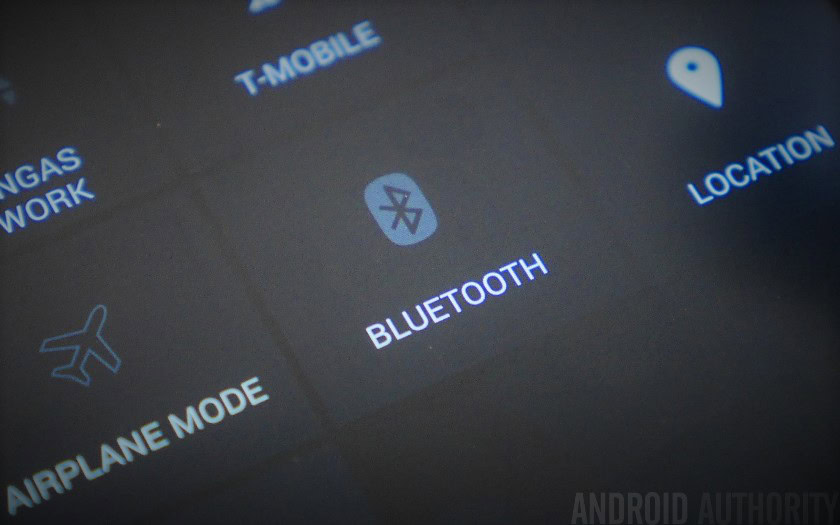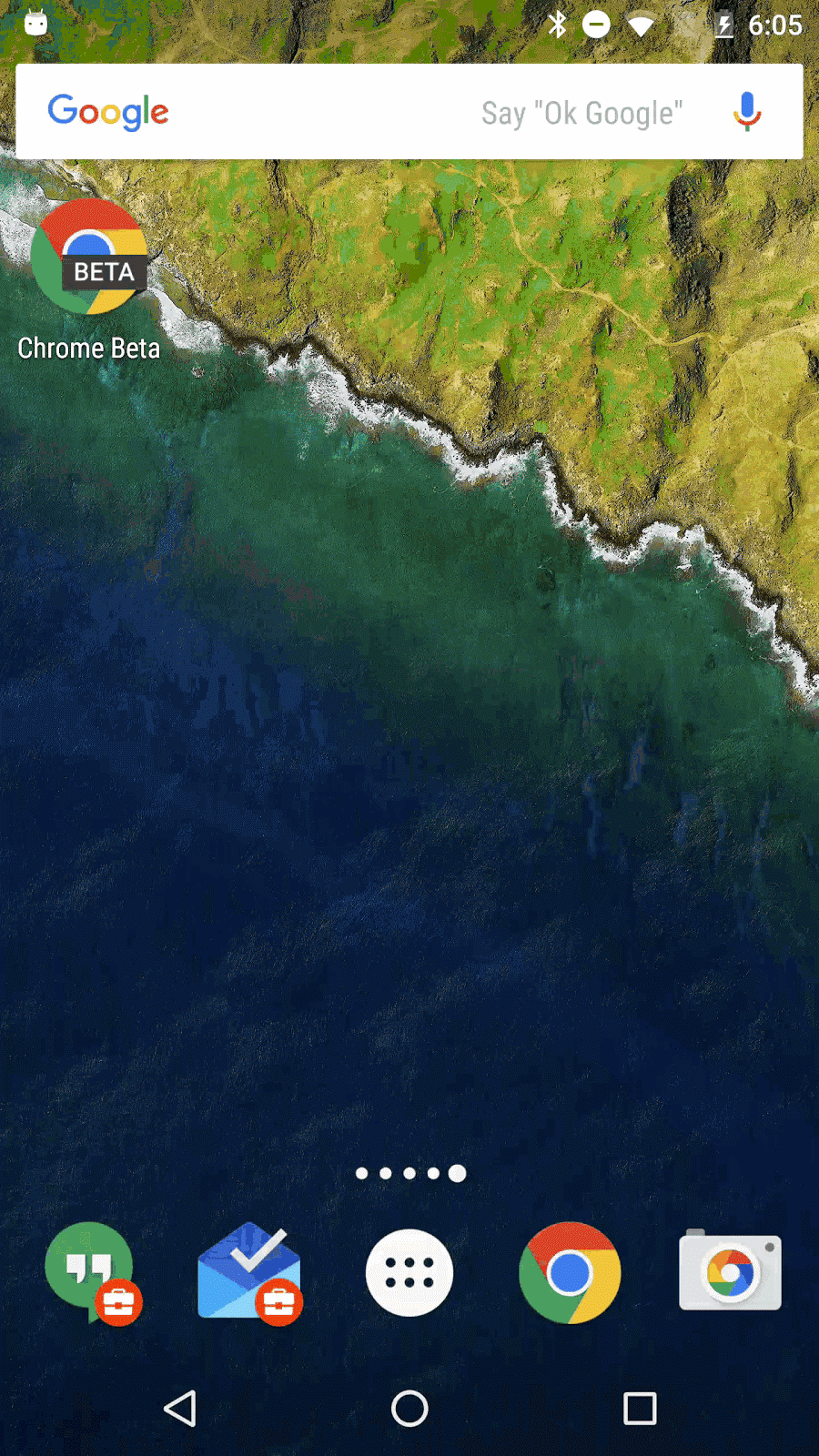Affiliate links on Android Authority may earn us a commission. Learn more.
Chrome for Android will let you interact with nearby smart objects
February 11, 2016

Google is bringing support for Physical Web to Chrome for Android. The feature has been available on Chrome for iOS since last summer and now Google is finally opening it up to its own platform.
What is Physical Web, you may ask. Here’s how Google describes it:
The Physical Web is an approach to unleash the core superpower of the web: interaction on demand. People should be able to walk up to any smart device – a vending machine, a poster, a toy, a bus stop, a rental car – and not have to download an app first. Everything should be just a tap away.
Explained in the most basic form, Physical Web means objects can broadcast via Bluetooth an URL to every device in its range. When a phone running Chrome detects the URL, the user can open up the web site or web app behind the URL with just a tap.
Taking one of Google’s examples, you could have a Physical Web-equipped bus station that broadcasts the URL of the bus timetable. Just walk nearby it and a notification will let you consult it.
With this explanation out of the way, the ability to detect URLs that are broadcasted by nearby Physical Web devices is coming to Chrome 49 for Android beta. A notification will be displayed the first time the device encounters a Physical Web device. After the user enables the feature, URLs will show up as notifications.

Think of Physical Web as a way to tie real world objects with the web. It’s all part of the greater IoT trend, that is slowly, but surely, changing every industry it touches.
It’s safe to say that, at least in the beginning, Physical Web will be used by companies looking to sell you stuff. In a 21st century version of street vendors hawking their wares, stores could soon send you notifications every time you walk past them at the mall. Provided you choose to accept them, of course.
Incessant ads aside, the possibilities that are opened by Physical Web are endless, and the fact that Google is baking support for this standard in the most popular browser in the world will only accelerate its adoption.
Thank you for being part of our community. Read our Comment Policy before posting.